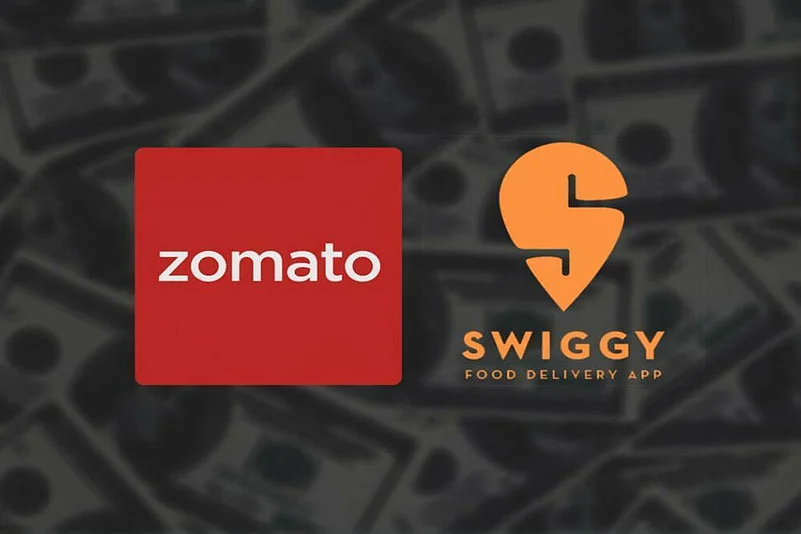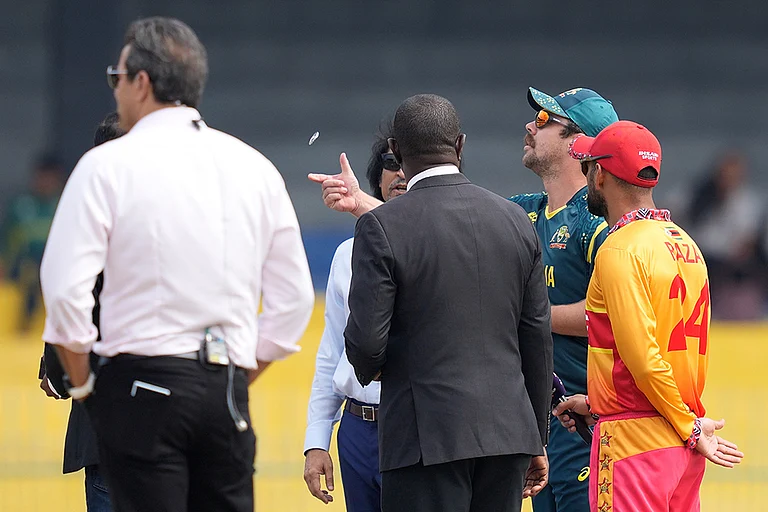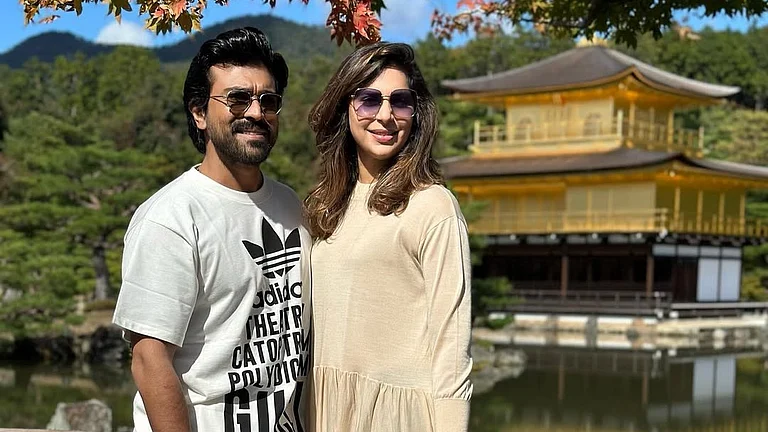Finance Minister Nirmala Sitharaman said on Friday that online food delivery platforms like Swiggy and Zomato will collect 5% Goods and Services Tax (GST) from customers instead of the restaurants they pick orders from.
The GST Council, which was chaired by FM Sitharaman and included representatives from all states and Union territories, has decided to charge 5% GST on services offered by cloud kitchens and food delivery apps from January 1.
“Food delivery operators like Swiggy who collect orders from restaurants and deliver (to customers)... the place where the food is delivered will be the point on which tax will be collected by the gig groups Swiggy and others,” FM Sitharaman said.
Currently, food delivery apps like Zomato and Swiggy are registered as Tax Collected at Source (TCS) in GST records.
Commenting on the latest development, Revenue Secretary Tarun Bajaj clarified to the media that no new taxes have been introduced or announced and that the GST collection centre was merely being transferred.
Bajaj said, “Suppose you order food from the aggregator, and now the restaurant is paying taxes. But we found some restaurants were not paying. We are now saying that if you order, the aggregator will collect from the consumer and pay to the authorities instead of the restaurant doing this. There is no new tax.”
He added that these steps were introduced as the government found tax evasions exercises by some restaurants. “Analysis of returns filed by delivery apps and some Haryana restaurant services showed the gap in taxable turnover for suppliers where tax collected at source and deducted by a delivery app was greater than turnover declared by such suppliers, he further added.
Changes once it will be implemented
At present, if any customer orders from the restaurant using Swiggy or Zomato, the online food app collects a 5% tax on food from the customer and passes it on to the restaurant. However, from 1 January, the food delivery apps will collect the tax from customers on behalf of the restaurant and deposit it to the government on their behalf. This will eventually become mandatory for restaurants to register themselves.
Nothing will change for consumers
With this, the customers will not be charged anything extra. They continue to pay 5% tax on the food that they will order online. This has been introduced with the view that restaurants come under the government tax net.
Impact on restaurants and food delivery apps
Tax industry analysts suggest that the new GST tax rule will impact small restaurants, especially those which annual turnover less than Rs 20 lakh as these restaurants were not included in the GST net earlier.
For most restaurants now, there will be an additional compliance load as they will have to maintain two separate accounts — one for their regular business and the second for the business done through Zomato or Swiggy.
As for food delivery platforms, this will also add more burden of compliance towards collecting and bookkeeping of taxes on behalf of the restaurants.



















_(1).jpg?w=200&auto=format%2Ccompress&fit=max)






